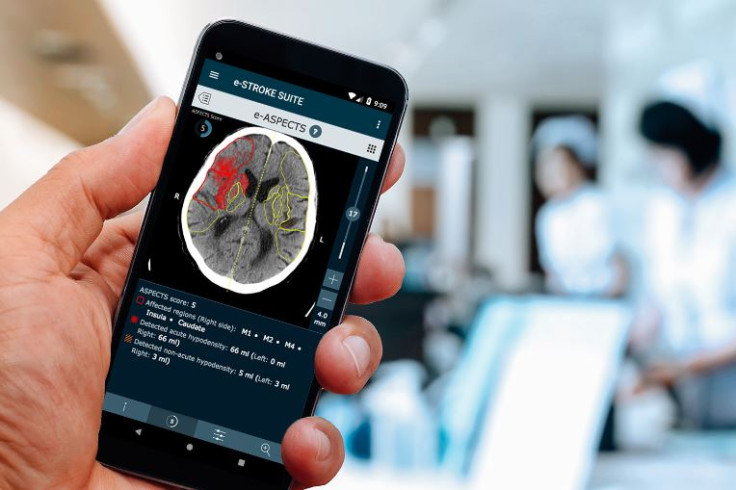Rishi Sunak Announces AI Life Sciences Accelerator Mission To Develop AI-Driven Healthcare Solutions
The UK government has chalked out a long-term plan to use AI to develop treatments for diseases with higher death rates through the AI Life Sciences Accelerator Mission.

The health challenges faced by the people of the UK are going to ease as the UK government announced fresh funding to utilise artificial intelligence (AI) to address it.
British Prime Minister Rishi Sunak announced this over the weekend before the start of the AI Safety Summit, where he will discuss the future of AI security with Elon Musk.
On October 29, the Department of Health and Social Care along with the Department of Science, Innovation and Technology launched a new mission of using AI in life sciences to tackle the health challenges faced by Britain.
Through the AI Life Sciences Accelerator Mission, the UK government is investing £100 million in targeted areas where AI could be deployed to deliver breakthrough treatments for incurable diseases. The Prime Minister underlined that his government is trying to capitalise on the UK's strength in secure health data and cutting-edge AI to address the healthcare challenges of this decade.
For this purpose, the Sunak government has identified eight critical healthcare missions which would be the key areas of work in the AI Life Sciences Accelerator Mission. The healthcare industry, academia, medical research charities and the NHS will work together to find AI-driven solutions for medical problems like cancer and dementia.
The £100 million allocation is to explore the usage of AI in addressing medical conditions which have high death rates and morbidity.
As part of the mission, UK researchers could use AI to identify people at risk of dementia and related conditions using the UK's world-class health data. This will ensure that the right patients are part of the right trials at the right time, ultimately leading to the development of new treatments and therapies.
Using AI to support specific dementia therapies that work is key to the fast development of treatments from a range of solutions, said the government.
The new £100 million funding is building on the government commitment to double dementia research funding by 2024 to reach an annual rate of £160 million. The government's Dame Barbara Windsor Dementia Mission is at the centre of accelerating dementia research and drug discovery.
Also, AI-driven technologies can aid in the correct diagnosis of mental health issues and develop potential treatments for them. The UK government cited how many healthcare companies are using conversational AI to support people with mental health issues by suggesting proactive prevention routines and human therapists when needed. This could help in lowering the NHS burden and reduce the waiting lists at NHS hospitals.
For the next one and a half years, the UK government will test and trial new AI-driven technologies to tackle healthcare challenges and transform the healthcare research and data infrastructure of Britain in the next five years.
AI Life Sciences Accelerator Mission to bridge the gap in research and applications
Speaking about the matter, Prime Minister Rishi Sunak said: "AI can help us solve some of the greatest social challenges of our time. AI could help find novel dementia treatments or develop vaccines for cancer."
"That's why today we're investing a further £100 million to accelerate the use of AI on the most transformational breakthroughs in treatments for previously incurable diseases," Sunak added.
The UK Secretary for Science, Innovation and Technology Michelle Donelan spoke of the transformative power of safe and responsible AI usage as it can bridge the gap "between the discovery and application of innovative new therapies, diagnostic tools, and ways of working".
According to the Science Secretary, this £100 million funding will free up time for UK doctors and clinicians for more critical patients as it reduces the gap in research and applications.
This comes at a time when the NHS used AI tools to speed up cancer radiotherapy wait time.
Meanwhile, the Health and Social Care Secretary Steve Barclay said AI is critical for supporting the NHS staff and improving patient care. The positive impacts of it are already felt across various initiatives taken by the NHS.
Barclay further elaborated on the progress made in deploying AI in the NHS. "AI tools now live in over 90 per cent of stroke networks in England – halving the time for stroke victims to get the treatment in some cases, helping to cut waiting times," he added.
The UK government is trying to build on the success of AI deployment in areas like identifying eye diseases, the industry and the UK researchers will work together to drive novel AI research which speeds up drug discovery and diagnosis.
© Copyright IBTimes 2025. All rights reserved.






















